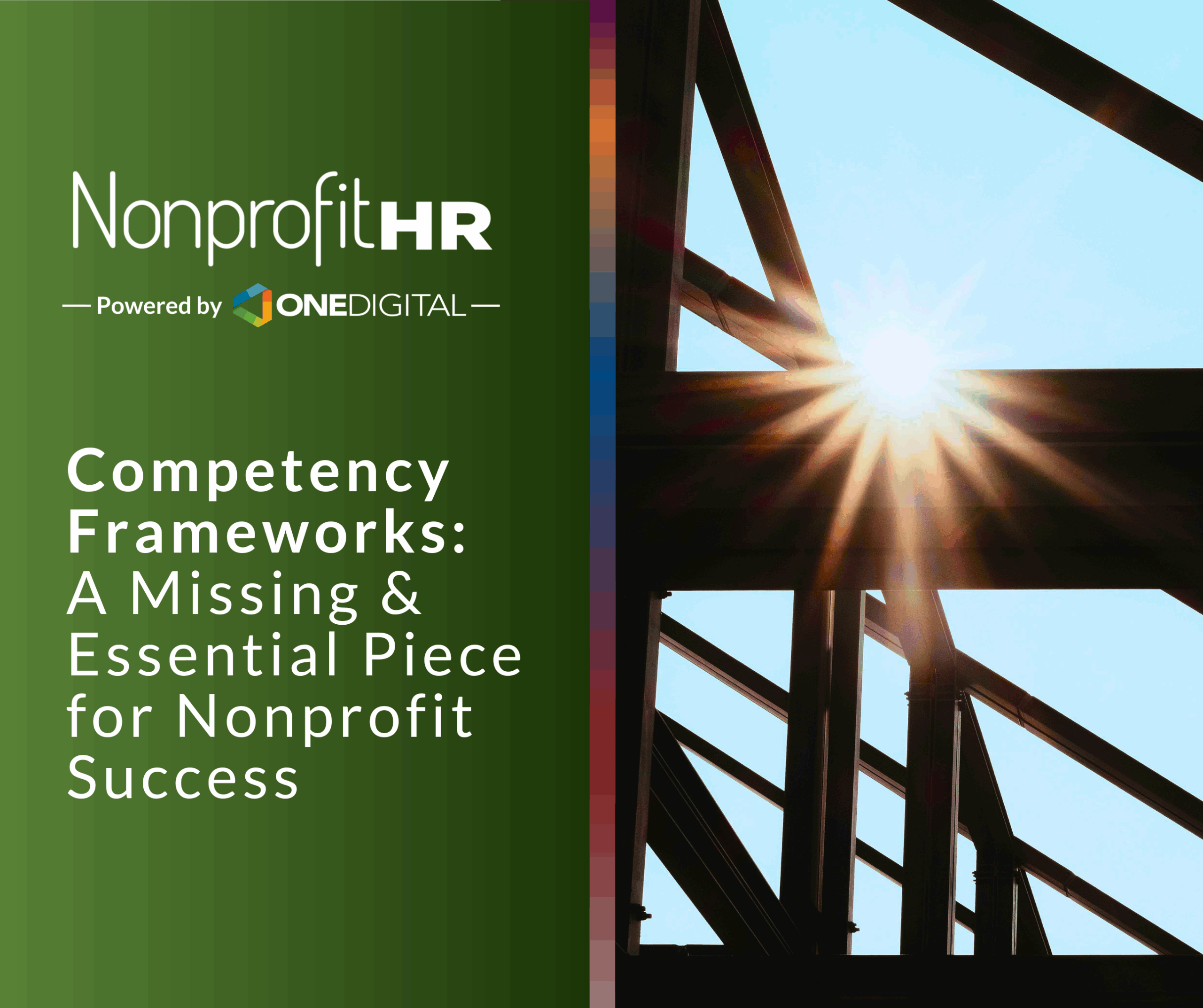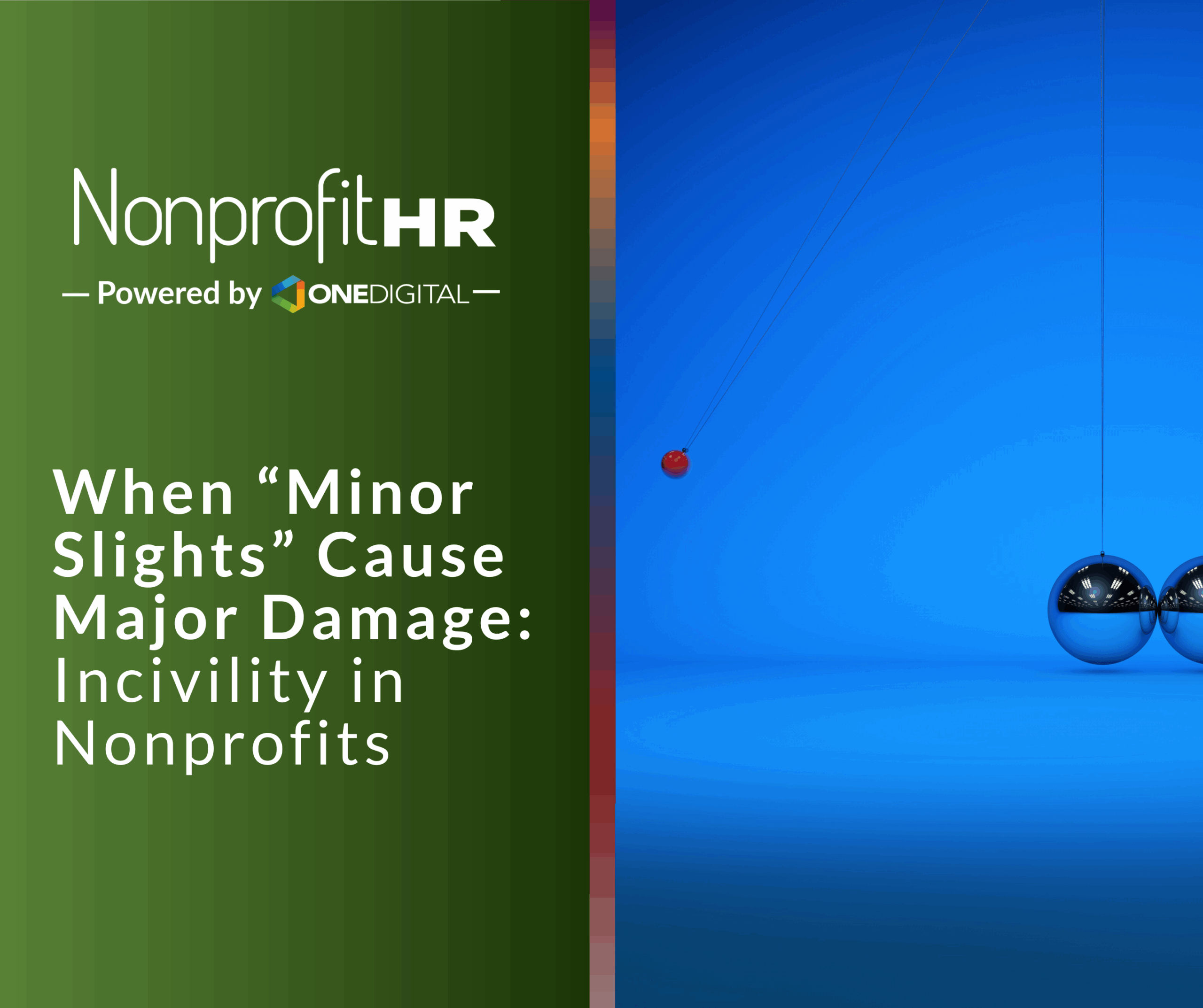WTOP: 5 ways nonprofits can…
According to the 2013 Nonprofit Employment Trends Survey, 69 percent of nonprofits do not have a formal succession plan for senior leadership. As the baby boom generation of nonprofit leaders retire, the lack of a formal succession plan may endanger nonprofits’ ability to effectively prepare for leadership transition and put organizational sustainability at risk.
According to the report, when asked what keeps them from developing a succession plan, survey respondents indicated that it simply was not a top priority at the moment for their organization. Many also answered that they believe their organization is too small to require succession planning, or too small to create a succession plan. These responses contrast with the beneficial effects of having a succession plan reported by other survey respondents; many nonprofit leaders indicated that having a succession plan has brought peace of mind to their boards and staff members, helped develop emerging talent, and served as an effective retention tool.
Of those organizations that have invested in succession planning, many have realized some key advantages including the ability to understand leadership needs now and in the future, the ability to proactively identify and develop top talent within their organizations, and most importantly, the ability to retain such talent, who without intentional investment on the part of their organizations, might otherwise leave to pursue career opportunities elsewhere including outside of the sector.
“With the economy warming up, folks who had deferred retirement are considering it,” says Lisa Brown Morton, President and CEO of Nonprofit HR, the firm that commissioned the study. “We are no more prepared among nonprofit organizations for leadership transition than we were two or three years ago.”
If groups continue to let talented employees slip away, she says, the pool for promoting leaders from within shrinks and nonprofits will spend time and resources hiring new people for senior jobs, losing institutional knowledge in the process.
Organizations without a succession plan say either it was not a top priority or they were too small to need one. According to the survey, those responses contrasted with groups that reported that their succession plan brought “peace of mind” for their board and staff members and set the stage for next generation of leaders.





























